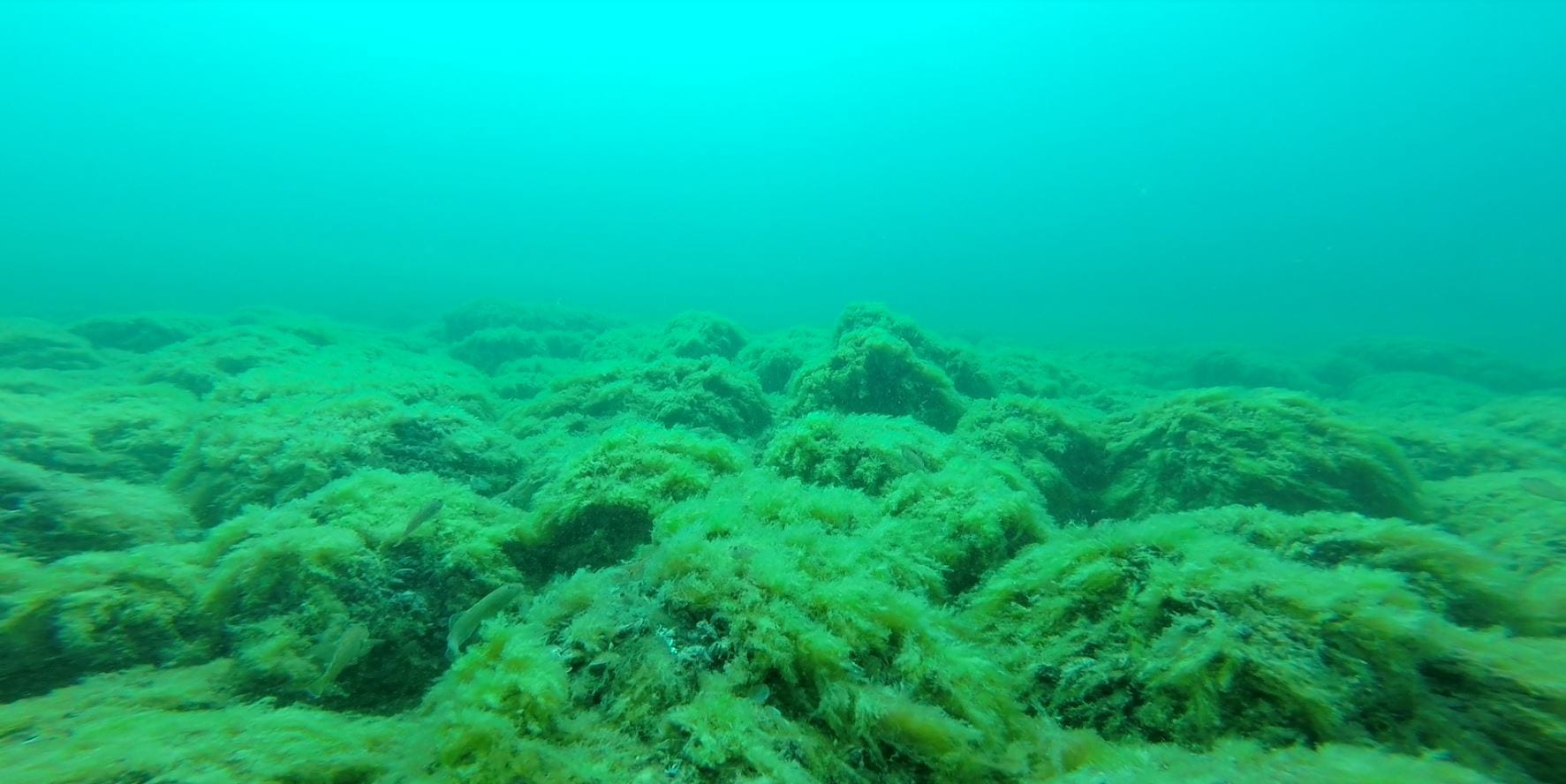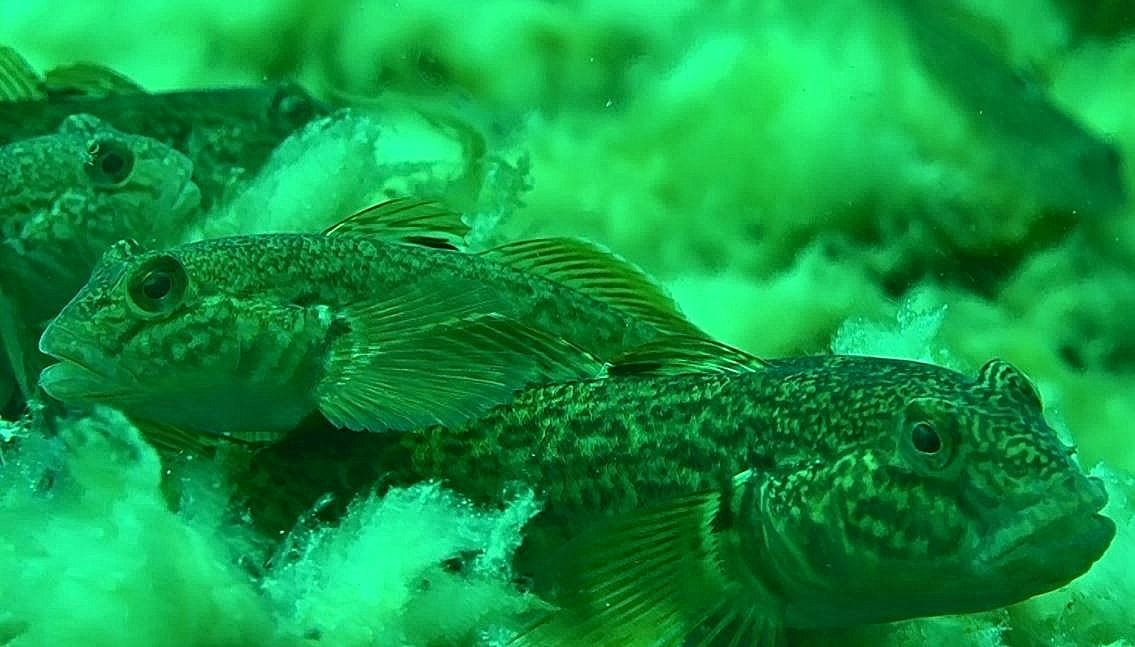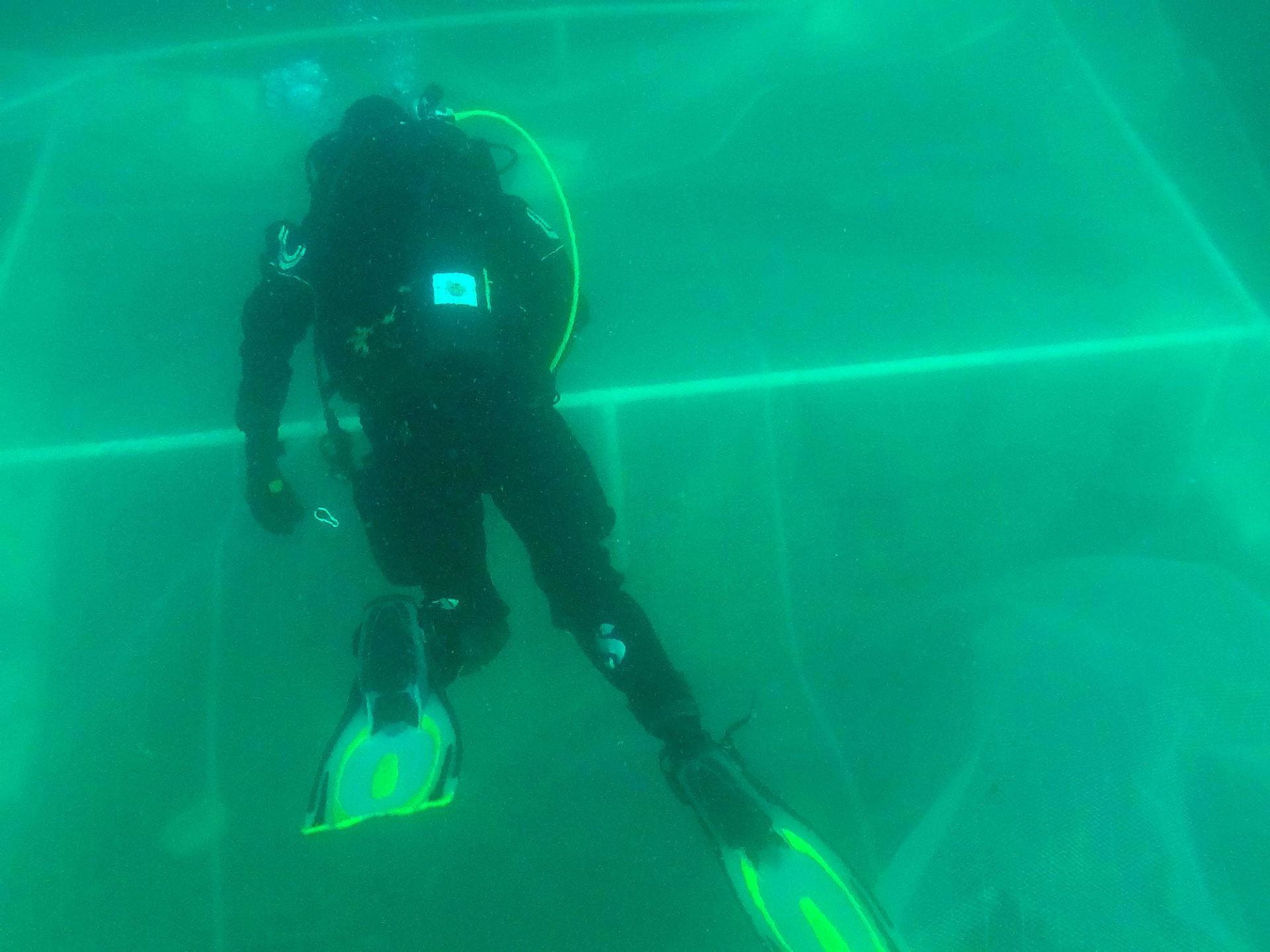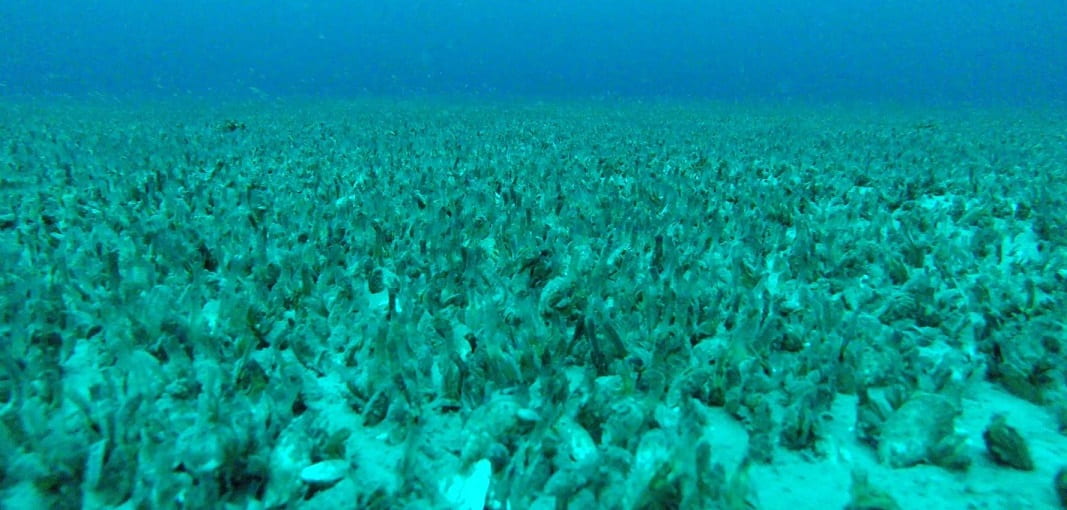The Bootsma Research Group
One of the goals of limnology, and science in general, is to discover patterns, paradigms and predictability in the natural world; properties and relationships that are applicable under a range of conditions. When we do this, we gain insight into the fundamental rules that guide the functioning of aquatic ecosystems. At the same time, every aquatic system is unique, defined by its size, latitude, altitude, climate, geology, morphometry, and biota. This is why limnology is so fascinating. While it is guided by a general set of principles that apply across many systems, the idiosyncracies of each system allow for new discoveries and present new scientific challenges.
Our research interests include aquatic biogeochemistry, algal ecology, and food web ecology, with a focus on the Laurentian Great Lakes and the African Great Lakes. While we are interested in fundamental topics such as the influence of climate on lake structure and function, much of our research is designed to support management strategies that preserve the natural integrity of aquatic systems while promoting their use for human benefits ranging from food production to recreation. Because we are interested in how climate, geology, chemistry and biology interact to determine ecosystem structure and function, much of our work is interdisciplinary, and therefore collaborative.









